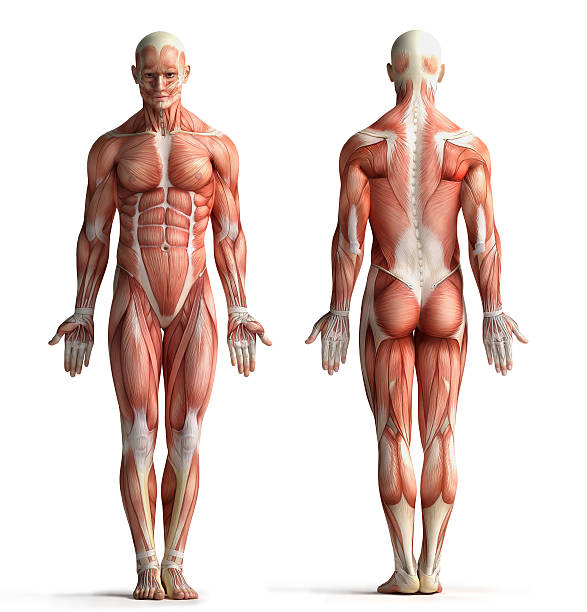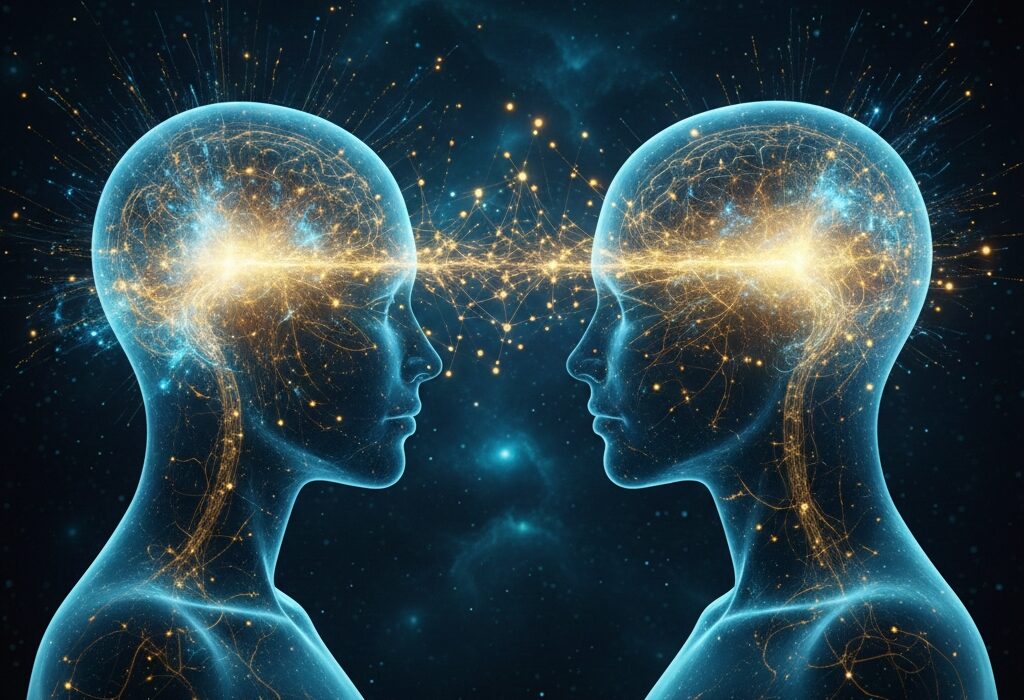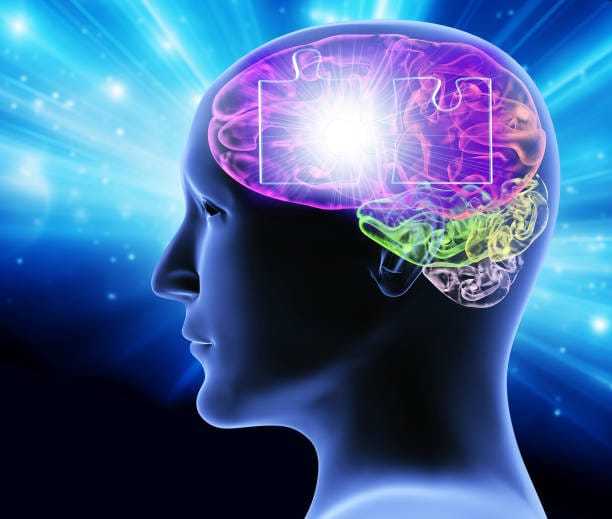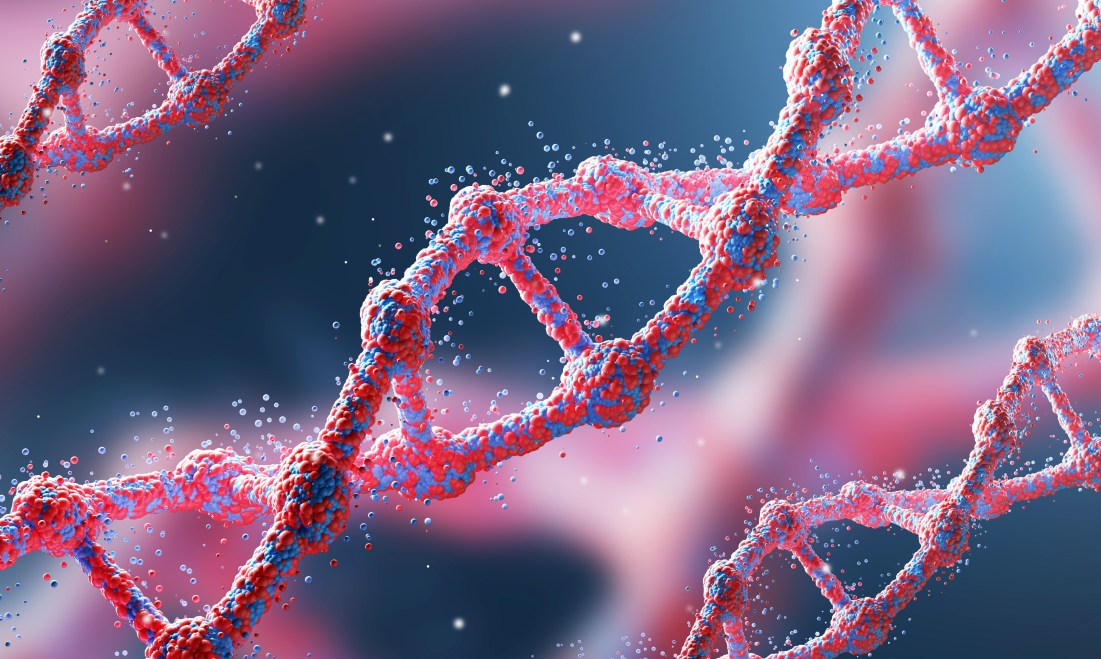The human body is a masterpiece of evolution, a living system that is at once incredibly resilient, endlessly complex, and astonishingly beautiful. Every breath you take, every step you walk, every thought you form is made possible by intricate biological processes working in perfect harmony. And yet, for all the knowledge we have gained through centuries of science, the human body still manages to surprise us.
Our bodies are more powerful, adaptable, and extraordinary than most of us ever realize. From microscopic processes happening inside your cells to the astonishing feats your organs perform daily, the human body is full of mysteries and marvels that continue to leave scientists in awe.
Here are 15 of the most amazing, scientifically backed facts about the human body that will deepen your appreciation for the extraordinary organism you live inside every day.
1. Your Body Contains More Microbes Than Human Cells
One of the most surprising discoveries of modern biology is that your body is not just “you.” It is also home to trillions of microbes—bacteria, fungi, and viruses—collectively known as the human microbiome.
In fact, microbial cells in your body outnumber your human cells. For every one of your own cells, there are at least as many microbial companions, living mostly in your gut, skin, and mouth. These organisms aren’t freeloaders—they play critical roles in digestion, immunity, and even mental health.
Your gut microbiome helps break down food, produces essential vitamins, and communicates with your nervous system in ways scientists are only beginning to understand. Some researchers even call the gut microbiome our “second brain.”
2. The Brain Contains More Connections Than Stars in the Galaxy
Your brain is the most complex structure known in the universe. It contains about 86 billion neurons, each capable of forming thousands of connections, called synapses, with other neurons. This means the number of possible connections in the human brain is in the quadrillions—outnumbering the stars in the Milky Way galaxy.
These neural networks allow you to think, feel, learn, and create. Every memory you store, every emotion you feel, and every idea you form depends on the intricate firing of these neurons. Even with advanced imaging, scientists are still far from fully mapping the brain’s connections, a project known as the connectome.
In short, inside your head is an entire universe of complexity, rivaling the cosmos itself.
3. The Heart Beats Over 2.5 Billion Times in a Lifetime
The human heart is a marvel of endurance. Beating roughly 100,000 times a day, it pumps about 7,500 liters (2,000 gallons) of blood through your body daily. By the time you reach 70 years of age, your heart will have beaten over 2.5 billion times.
Despite being no larger than your fist, the heart’s muscular power is extraordinary. It contracts and relaxes tirelessly for decades, rarely missing a beat. Scientists estimate that the energy your heart produces in a single day could power a truck for 20 miles.
What makes it even more fascinating is that your heart has its own electrical system—it can keep beating even when removed from the body, as long as it has oxygen.
4. Your Bones Are Stronger Than Steel
Though they seem fragile, human bones are incredibly strong. Ounce for ounce, bone is stronger than steel. A cubic inch of bone can withstand loads of nearly 8,600 kilograms (19,000 pounds)—roughly the weight of five cars.
Bones are also living tissues. They constantly remodel themselves, breaking down old cells and building new ones. In fact, your skeleton completely regenerates itself about every 10 years.
This remarkable combination of strength and adaptability allows us to walk, run, and leap, all while protecting delicate organs like the brain, heart, and lungs.
5. The Liver Can Regenerate Itself
The liver is the body’s chemical powerhouse—responsible for detoxifying blood, producing bile, regulating metabolism, and storing nutrients. But one of its most amazing features is its ability to regenerate.
Even if up to 70% of the liver is removed, the remaining tissue can grow back to full size within months. This unique regenerative capacity has been known since ancient times, inspiring myths like that of Prometheus, whose liver regrew daily after being eaten by an eagle.
The liver’s resilience makes it one of the most fascinating and vital organs in the human body.
6. Your Body Produces Enough Heat to Boil Water
The human body is like a biological furnace. In just 30 minutes, your body produces enough heat to bring about half a gallon of water to a boil.
This heat is a byproduct of metabolism—the countless chemical reactions happening inside your cells. Even at rest, your body requires energy to keep you alive, maintaining core temperature, powering your brain, and fueling your organs.
This constant energy production explains why humans are warm-blooded and why maintaining body temperature is so vital for survival.
7. The Human Eye Can Detect Millions of Colors
The human eye is one of the most remarkable sensory organs in nature. It can distinguish about 10 million different colors thanks to specialized cells called cones in the retina. Some people with a rare genetic mutation, known as tetrachromacy, may even perceive up to 100 million colors.
Your eyes are also incredibly fast. They can detect light in just 13 milliseconds, sending information to the brain almost instantly. This makes vision not only one of our sharpest senses but also one of the most astonishing feats of biological engineering.
8. Your Skin Is the Largest Organ
Though we often think of organs as hidden inside the body, your skin is actually the largest organ you have. Covering an area of about 2 square meters (22 square feet) and weighing around 4 kilograms (9 pounds), it acts as the body’s first line of defense against the outside world.
Skin is constantly renewing itself. In fact, you shed about 30,000 to 40,000 skin cells every minute, and your entire outer layer of skin is replaced every month. That means in a lifetime, you shed nearly 40 kilograms (88 pounds) of skin.
More than just a covering, skin regulates temperature, prevents dehydration, and allows us to sense touch, pain, and heat.
9. The Human Body Has Its Own Electrical System
Your body is alive with electricity. Every thought, every heartbeat, every muscle contraction is powered by tiny electrical signals.
Neurons transmit messages using electrical impulses, traveling at speeds up to 400 kilometers per hour. Your heart has an internal electrical system that keeps it beating. Even your muscles depend on electrical activity to contract and relax.
This biological electricity is so essential that doctors use it to monitor health—through electrocardiograms (ECGs) for the heart and electroencephalograms (EEGs) for the brain. Without this natural electrical system, life would not be possible.
10. Your Stomach Gets a New Lining Every Few Days
The stomach is filled with powerful acid strong enough to dissolve metal. To prevent it from digesting itself, your stomach grows an entirely new lining every 3 to 4 days.
This constant renewal protects your digestive system while allowing it to break down food into nutrients. Over the course of your life, your stomach processes about 60 tons of food, making this protective mechanism essential for survival.
11. Your Blood Travels Thousands of Miles Daily
The human circulatory system is astonishingly vast. If you laid out all your blood vessels end to end, they would stretch about 100,000 kilometers (62,000 miles)—enough to circle the Earth more than twice.
Every day, your blood travels thousands of miles, delivering oxygen and nutrients to every cell while carrying away waste. Red blood cells alone make about 250,000 circuits around the body during their 120-day lifespan.
This endless journey is what keeps your body alive, moment by moment.
12. The Human Ear Can Detect Tiny Vibrations
Your ears are exquisitely sensitive instruments. They can detect vibrations as small as the diameter of an atom.
The cochlea, a spiral-shaped structure in the inner ear, contains about 16,000 hair cells that respond to sound waves. These cells convert vibrations into electrical signals, which the brain interprets as sound.
This delicate system allows humans to detect frequencies from about 20 Hz to 20,000 Hz, enabling us to hear everything from the deep rumble of thunder to the high notes of a violin.
13. You Are Made of Stardust
Perhaps the most poetic fact about the human body is that it is literally made of stardust. The carbon, oxygen, nitrogen, calcium, and iron in your body were all forged in the cores of ancient stars that exploded as supernovae billions of years ago.
Every atom in your body heavier than hydrogen was once part of a star. In a very real sense, you are a child of the cosmos, connected to the universe in the most fundamental way.
14. Your Body Has an Internal Clock
Inside your brain is a tiny structure called the suprachiasmatic nucleus, which regulates your circadian rhythm—the internal clock that controls your sleep, metabolism, and energy levels.
This clock synchronizes with sunlight, helping your body stay aligned with the day-night cycle. It is so powerful that disrupting it—for example, through jet lag or shift work—can affect everything from your mood to your immune system.
Your body’s ability to keep time without a watch is one of its most fascinating hidden talents.
15. The Human Body Is Adaptable Beyond Imagination
One of the most incredible facts about the human body is its adaptability. Humans can survive in extreme conditions—from the freezing temperatures of Antarctica to the scorching heat of deserts, from high mountains with little oxygen to deep-sea pressures.
The body adapts to new environments by adjusting metabolism, blood chemistry, and even organ size. For example, people living at high altitudes develop more red blood cells to carry oxygen. Astronauts in space experience changes in bone density and muscle mass.
This adaptability is why humans have thrived in nearly every corner of the planet—and why we may one day colonize other worlds.
Conclusion
The human body is a marvel of nature, a living system filled with mysteries, resilience, and beauty. From the microscopic bacteria in your gut to the cosmic origins of your atoms, every part of you tells a story of survival, adaptation, and wonder.
Science continues to uncover new facts about our bodies, reminding us that we are not only biological machines but also extraordinary expressions of life itself. The next time you take a breath, feel your heartbeat, or gaze at the stars, remember: within you lies a universe of miracles, all backed by the science of the human body.






